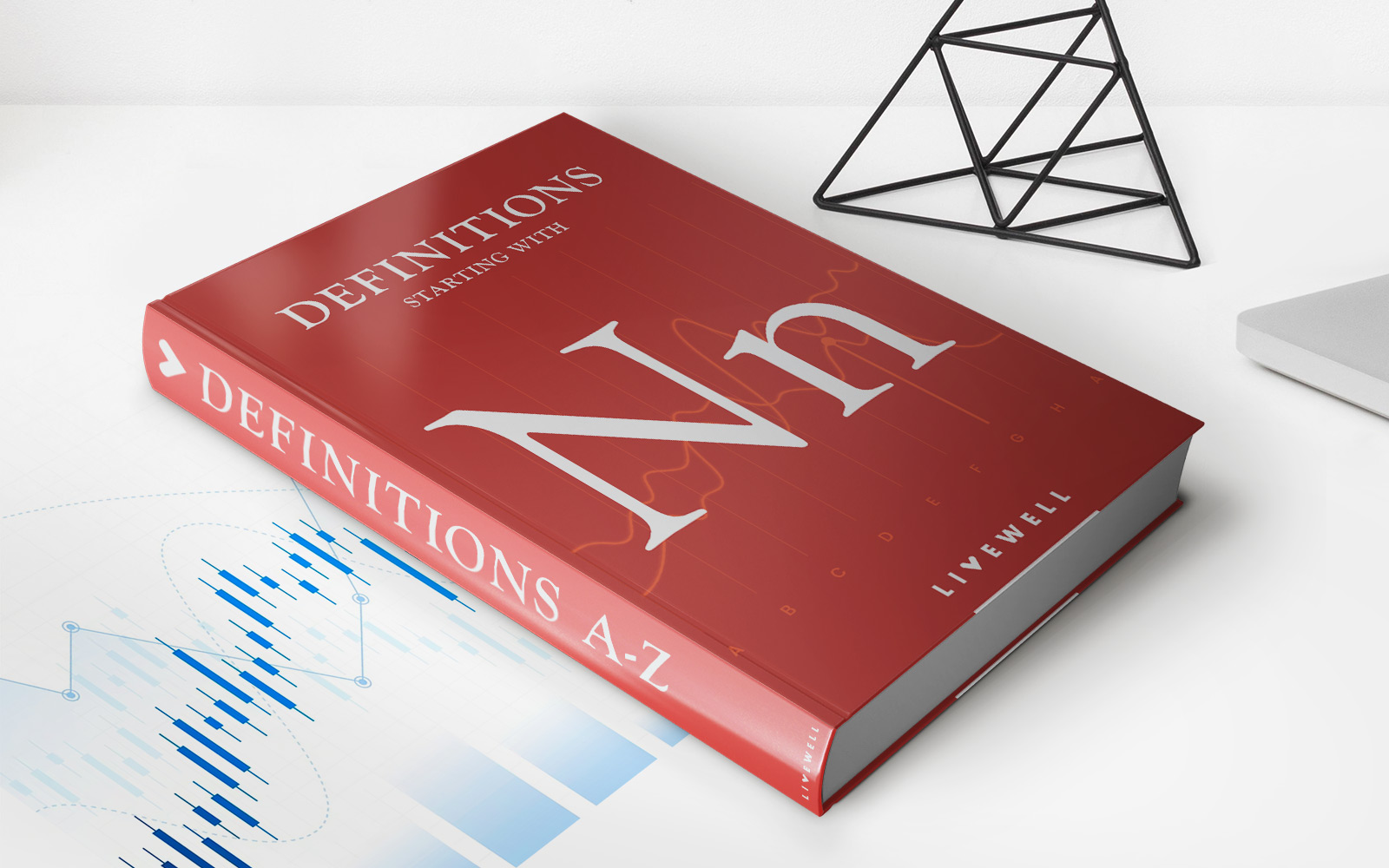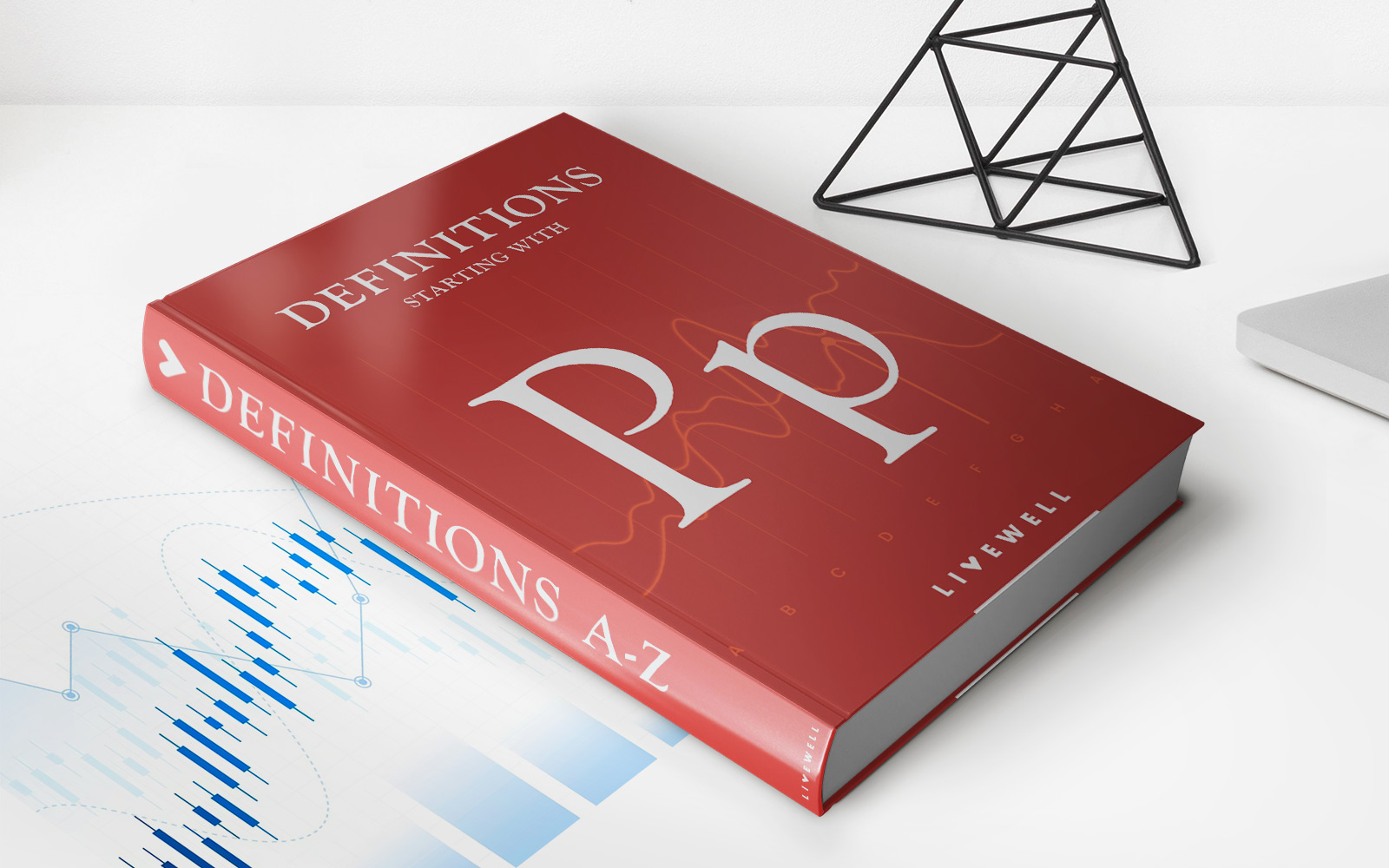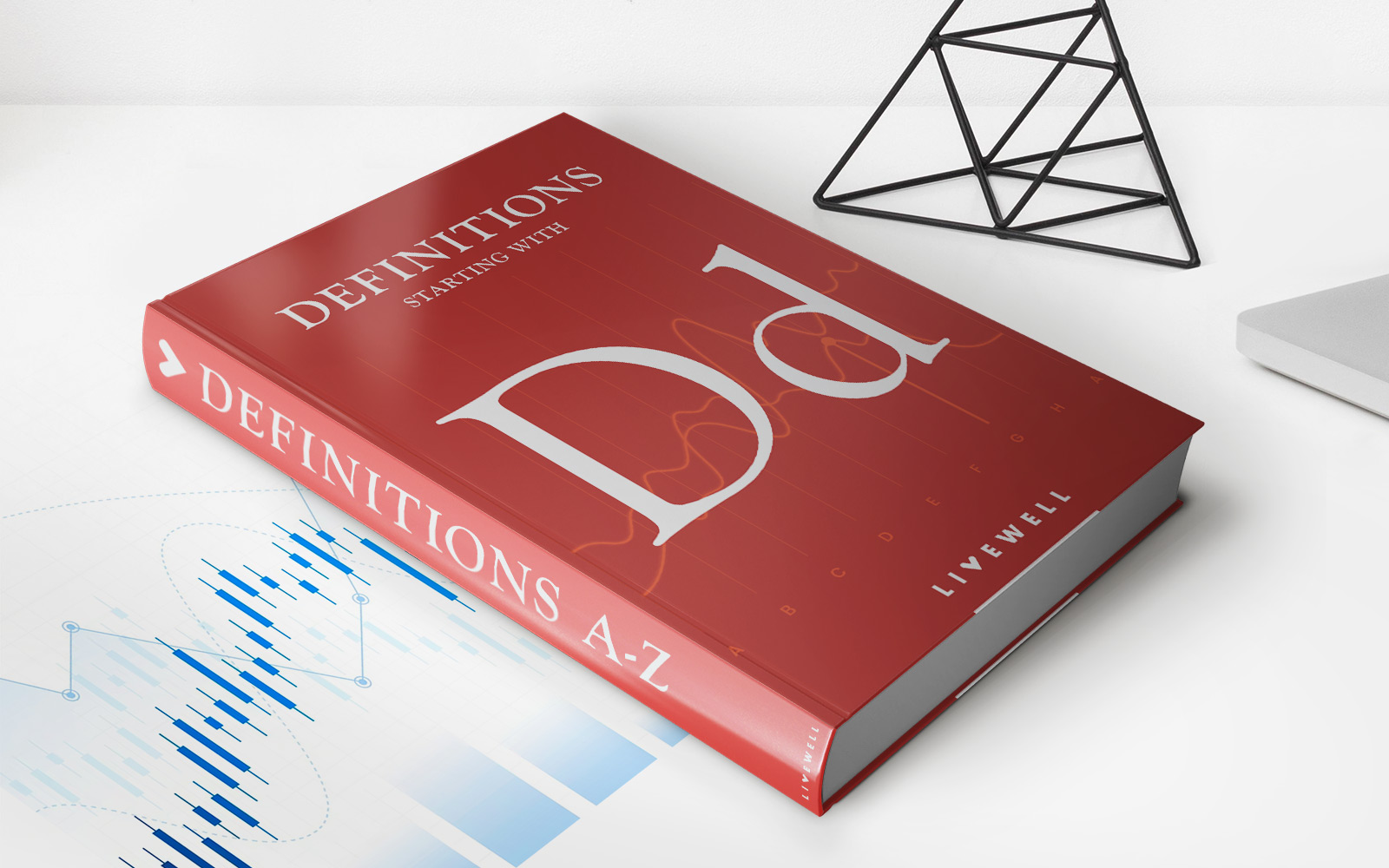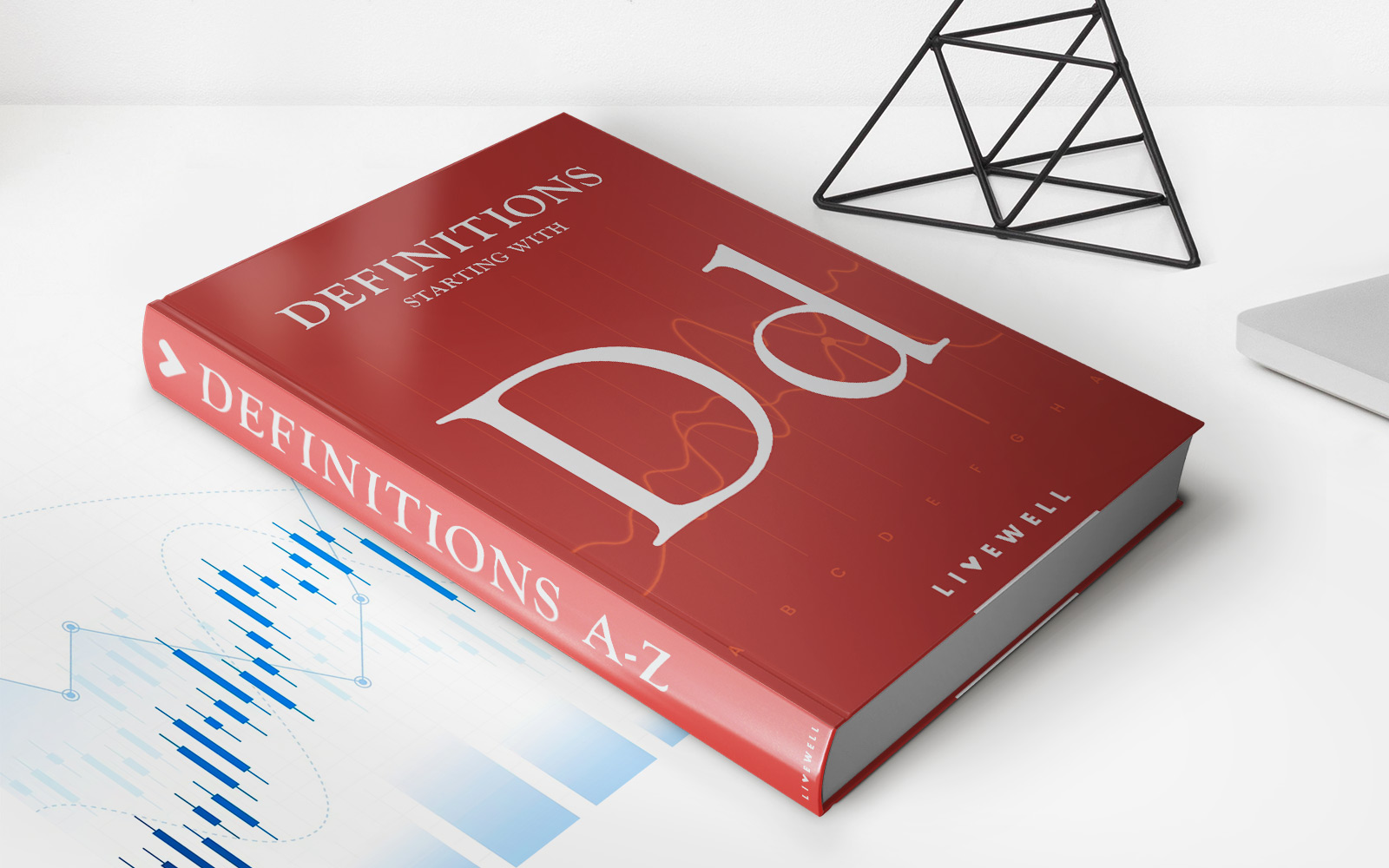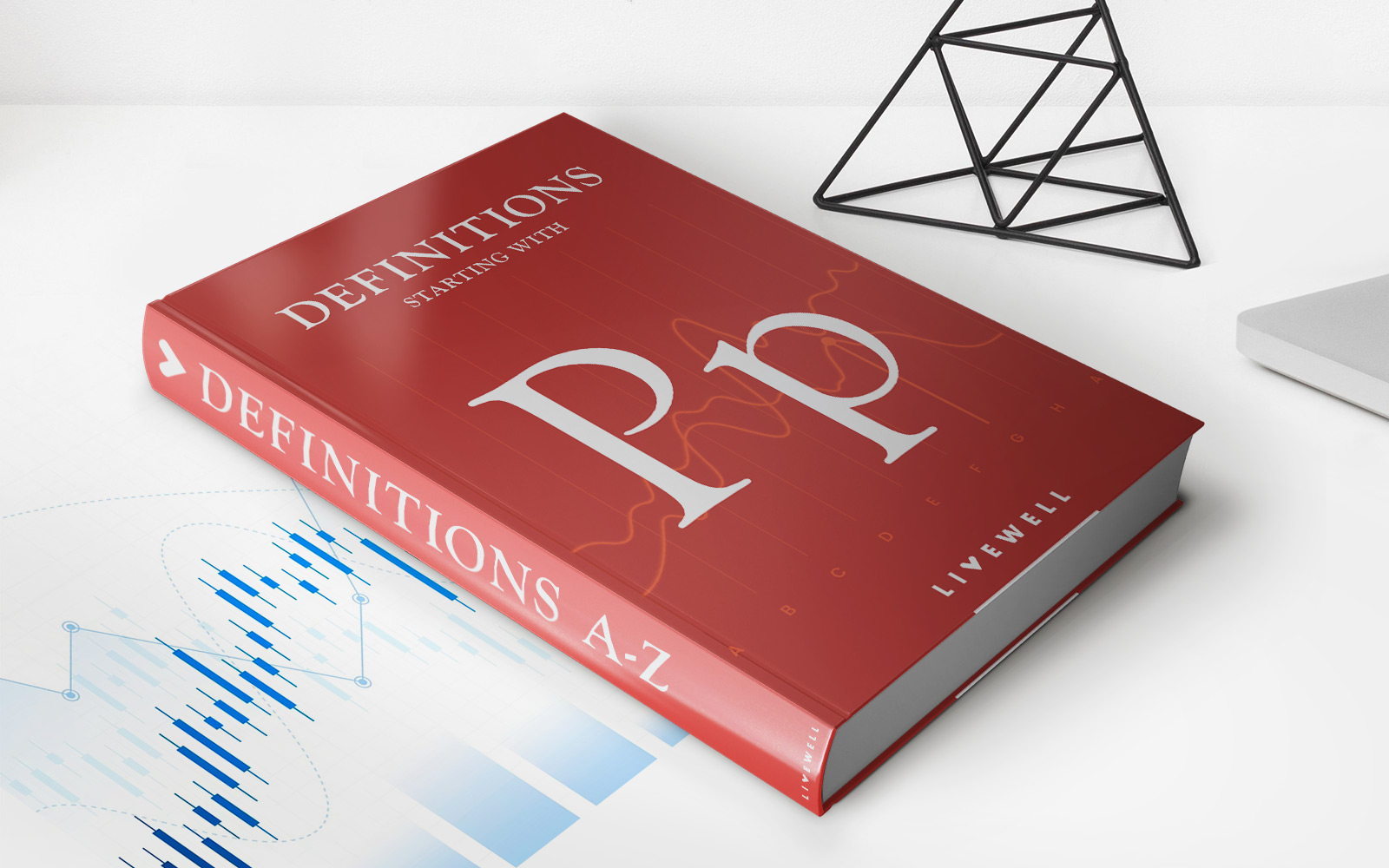

Finance
Premium Balance Definition
Published: January 10, 2024
Learn the meaning of premium balance in finance and how it impacts your financial situation. Gain insights into managing your finances effectively with our premium balance definition.
(Many of the links in this article redirect to a specific reviewed product. Your purchase of these products through affiliate links helps to generate commission for LiveWell, at no extra cost. Learn more)
Understanding Premium Balance and Its Importance in Finance
Welcome to our Finance category, where we dive deep into various financial concepts and help demystify the world of money management. In today’s post, we’re going to explore the concept of premium balance and its significance in the field of finance. So, let’s get started!
Key Takeaways:
- Premium balance refers to the amount of money held within an insurance policy as a result of premiums paid by the policyholder.
- It acts as a reserve fund to cover future claims and liabilities of the insurance company.
So, what exactly is premium balance? In simple terms, it is the accumulated amount of money held by an insurance company from the premiums paid by policyholders. This reserve fund helps the insurance company manage future claims and meet its financial obligations effectively. Now that we have an idea about what premium balance is, let’s delve deeper into its importance in the world of finance.
Why is Premium Balance Important?
Premium balance plays a crucial role in maintaining the financial stability of an insurance company. Here are a few reasons why it holds significant importance:
- Claims Settlement: The primary purpose of premium balance is to ensure that the insurance company has sufficient funds to pay out claims promptly. By maintaining a healthy premium balance, the insurance company can meet its obligations to policyholders without any financial strain.
- Reserve Fund for Future Liabilities: Insurance companies need to have reserves to cover potential future claim payments and other financial responsibilities. These reserves are built over time through the accumulation of premium payments, forming the premium balance. This balance is essential to ensure the long-term financial stability of the company.
- Regulatory Compliance: Insurance companies are typically required by regulatory bodies to maintain a minimum premium balance as part of their licensing and ongoing operations. It acts as a cushion to protect policyholders from any unexpected financial difficulties faced by the company.
- Investment Opportunities: Insurance companies often invest the premium balance in diverse investment vehicles to generate additional income. These investments contribute to the profitability of the company and help it grow over time.
Conclusion
Understanding premium balance is essential for both policyholders and insurance companies. From the policyholder’s perspective, the premium balance ensures that claims are settled promptly and the insurer remains financially stable. For insurers, it acts as a strong financial foundation, enabling them to meet their obligations and make further investments for growth.
We hope this blog post has provided you with a clear understanding of premium balance and its importance in the field of finance. If you have any questions or would like to learn more about finance-related topics, feel free to explore our other blog posts in the Finance category. Stay tuned for more informative and engaging content!




